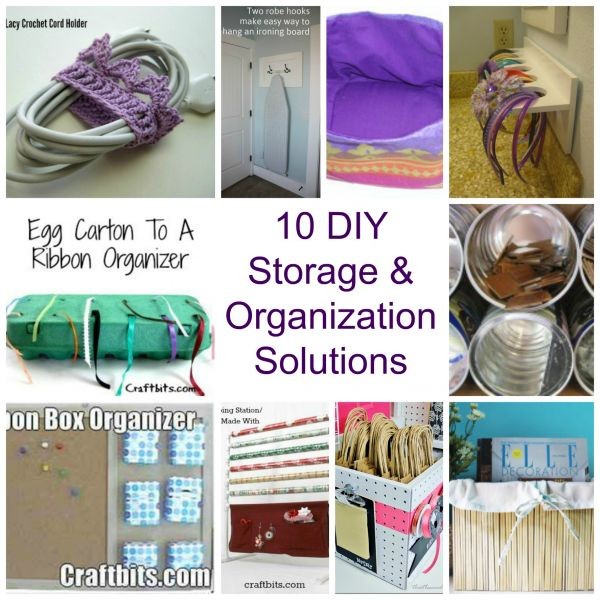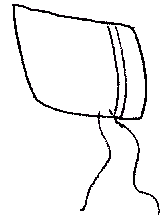
What you need
This is a brief rundown of scrapbook tools and terms
Instructions
Scrapbooking: The layering of photos, paper and memories to form an album.
Acid: Acid causes paper to turn yellow or brown over time making it become brittle. Over a long period of time acidic paper will break down and crumble.
Acid Free: The item is archival safe, as it does not contain harmful acids that will damage your photos.
Archival Safe: Another term given to acid free items that is suitable for archiving photos and scrapbooks.
Photo Safe: Another term given to acid free items that is suitable for archiving photos and scrapbooks
Photo-safe Adhesive: Adhesive designed for use with photos, as it does not damage the photos over a period of time.
Adhesive Photo Squares: Small photo squares ready to use to mount your photos with.
Adhesive Tape Runner: Tiny strips of double sided tape in a dispenser.
Adhesive Glue Pen: Stick of glue for easy application (acid free).
Adhesive Photo Tape: Double sided tape with a paper backing specifically designed for mounting photos.
Re-positionable Glue: an acid free adhesive that stays tacky allowing you to move your item around until satisfied with its location.
Acid-free Paper: Paper that contains no harmful acids making it suitable for archival scrapbooking. It comes it a variety of colors, patters and textures.
Sharp Scissors: Used for cutting paper and photos smaller curved scissors are especially handy to have.
A paper trimmer: Used For straight cuts with this tool you will get a neat straight cut where you wont with free hand cutting with scissors.
Acid-free pen: You will need a acid free pen for any written work you wish to add to your scrapbooking.
Acid free Stickers: Decorative stickers with permanent, acid free adhesive. These are used to decorate your pages and they come in 1000’s of designs.
Die Cuts: These are Acid-free paper shapes that have been made using a die cut machine. These are used to decorate your pages and come in many designs.
Craft Knife: A Craft knife with a sharp blade used for cutting papers and cardstock.
Cutting Mat: This is a thick mat used for cutting and cropping on and it protects the surface underneath that you are working on and gives stability to your working surface.
Circle/Oval Cutters: These are purpose built circle or oval cutters that are used to make perfect shapes with ease.
Templates: These are plastic or cardboard templates used to cut your photos into shapes such as circles, squares and hearts.
Decorative Edging Scissors: Used to cut photos and paper they cut out a decorative edge and come in many designs and sizes.
Craft Punches: Punches are small devices used to literally punch out shapes of paper, like an old fashion hole punch except these punch hearts, houses, flowers and much much more.
Corner Rounder: This is used to round off the corners on sharp squares or rectangles giving the item a soft finish.
Page Protectors: These are plastic sleeves that are used to store scrapbook layouts and photos in to prevent direct handling of the photos.
Decorative Rulers: These are cardboard, plastic of metal rulers that have been shaped to give you a decorative edge that you can either cut or draw along.
Light Box: These are a device that lights up from underneath, allowing you to place your work on top of the light. It is used for viewing negative or tracing artwork.
Memorabilia: These are keepsake items such as winning ribbons, ticket stubs, report card and more. They should be made stable with an archival mist.
Archival Mist: Sprayed onto acidic items to stabilize the acidity to prevent damage to other items in your layouts such as photographs.
Bright Light: This is something that your photos and albums should not be exposed to in order to prevent damage.
Dust: This can harm your photos by leaving small scratches on the surface of your pictures so always make sure they are kept dust free.
Heat: Your photos should be exposed to a cool environment; heat can speed up the break down of chemicals in the picture processing.

















What do you think of this project? Let us know!